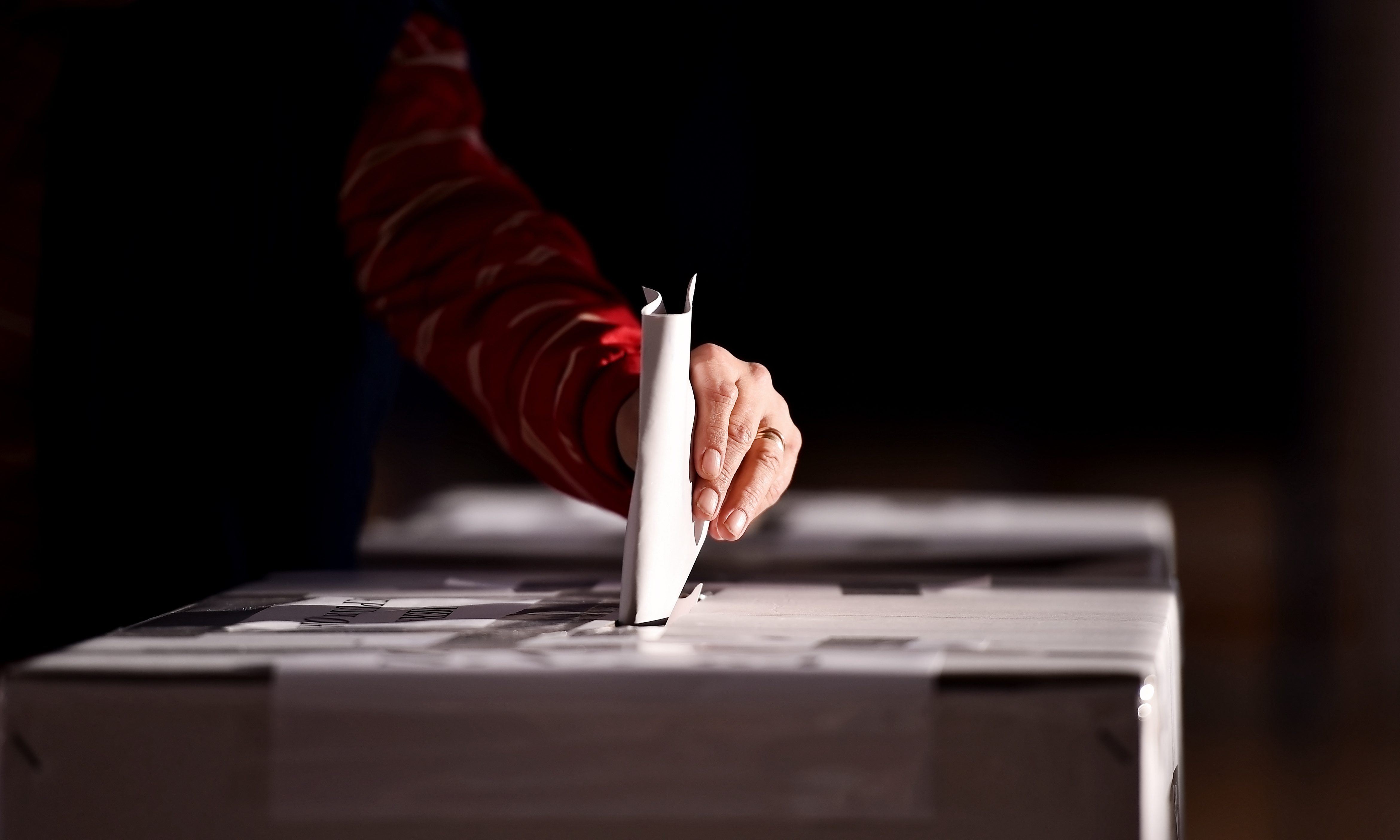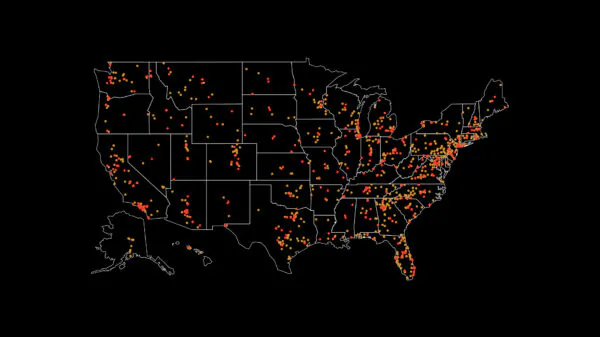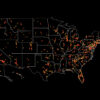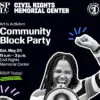The Southern Poverty Law Center released a statement announcing their new Voting Rights Team and encouraging the state of Alabama to increase voter turnout by ending practices that discourage voters, like requiring voter identification and marking voters as inactive in the state’s voter rolls.
The new Voting Rights Team will challenge laws and practices that suppress voters or allow gerrymandering. They will also work to engage voters in the South.
According to Nancy Abudu, the deputy legal director of the SPLC, a 2013 revision to the Voting Rights Act of 1965, which bans discrimination in voting, made voting in Alabama more difficult for minorities, young people and those with disabilities.
“A constitutional challenge from Shelby County, Alabama, dismantled key provisions in the Voting Rights Act,” Abudu said. “Section 5 of the act requires certain jurisdictions with a history of discrimination in voting – including Alabama – to seek approval from the U.S. Department of Justice before making any changes to their voting laws or practices. In its 2013 Shelby County v. Holder decision, the U.S. Supreme Court struck down the coverage formula used to determine which jurisdictions need to get such approval.”
On May 13, 2019, Abudu testified before the U.S. House of Representatives Committee on House Administration during their hearing called “Voting Rights and Election Administration in Alabama.”
“Alabama is regularly below the national average for voter turnout – with only 47.5 percent of eligible voters casting a ballot in the state in 2018 despite historic turnout nationally – and that this lack of engagement can be traced directly to backwards state policies,” Abudu said. “Alabama has failed to adopt popular, effective programs that increase participation such as no-excuse absentee voting and early voting.”
Abudu mentioned a 2016 quote from Alabama Secretary of State John Merrill in which he told a documentary film crew that people who are “too sorry or lazy” to register to vote “don’t deserve that privilege,” as evidence that Alabama lawmakers want voting to be a challenge.
“The man in charge of administering Alabama’s elections freely admits that he does not see voting as a fundamental right that he is supposed to safeguard,” Abudu said. “Instead, he sees it as a privilege reserved only for those with the time and resources to navigate the outdated and archaic system he oversees.
According to Abudu, Merrill has removed over 780,000 voters from the state’s voter rolls since 2015 during his career as secretary of state. Over 340,000 separate voters were listed as inactive in 2017, a step that leads to removal from the rolls.
“Despite making it more difficult for voters marked ‘inactive’ to vote in future elections, Merrill counts these registrants that his own office has declared ‘inactive’ in his voter registration calculations in order to artificially inflate registration statistics,” Abudu said. “That’s in part how he gets that 94 percent of eligible Alabamians are registered to vote and that 96 percent of eligible black voters are registered in the state.”
According to the U.S. Census Bureau and Kaiser Family Foundation, about 69 percent of eligible Alabamians and 67 percent of black Alabamians are registered to vote.
The SPLC is also standing against voter identification laws, which require voters to provide an approved form of identification to cast their ballot.
These were put in place in 2011, after the Shelby County v. Holder decision.
“A state senator who worked for over a decade to pass the voter ID bill told The Huntsville Times that his law would undermine Alabama’s ‘black power structure,’ and that the absence of a voter ID law ‘benefits black elected officials,’” Abudu said. “He was correct. Voter ID laws do have a disparate impact on communities of color. Black and Latino voters are about twice as likely as white voters to lack an acceptable form of identification.”
Abudu criticized the Alabama legislature for failing to consider legislation introduced in the recent session that would have addressed some of these barriers on voting rights, saying the Voting Rights Team plans to shed more light on these issues in the future.
“Alabama has what it needs to increase voter turnout and engagement,” Abudu said. “All it lacks is the political will to do so.”





















































